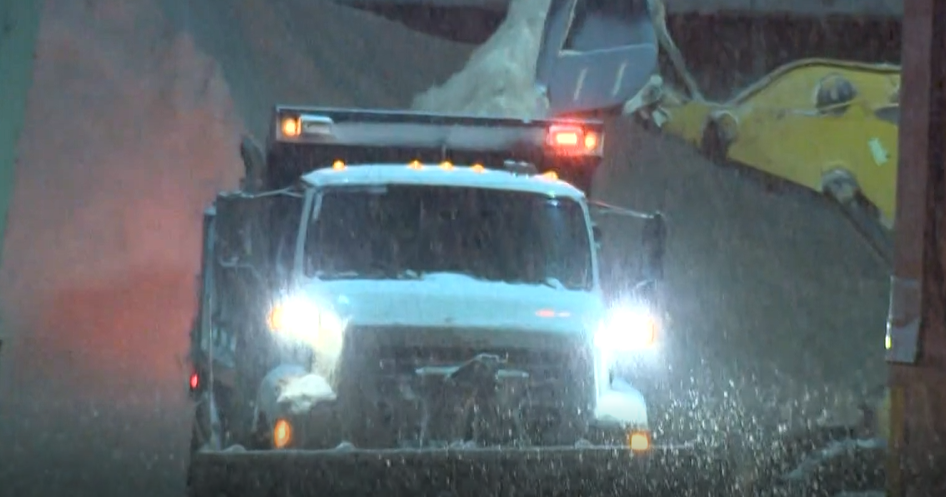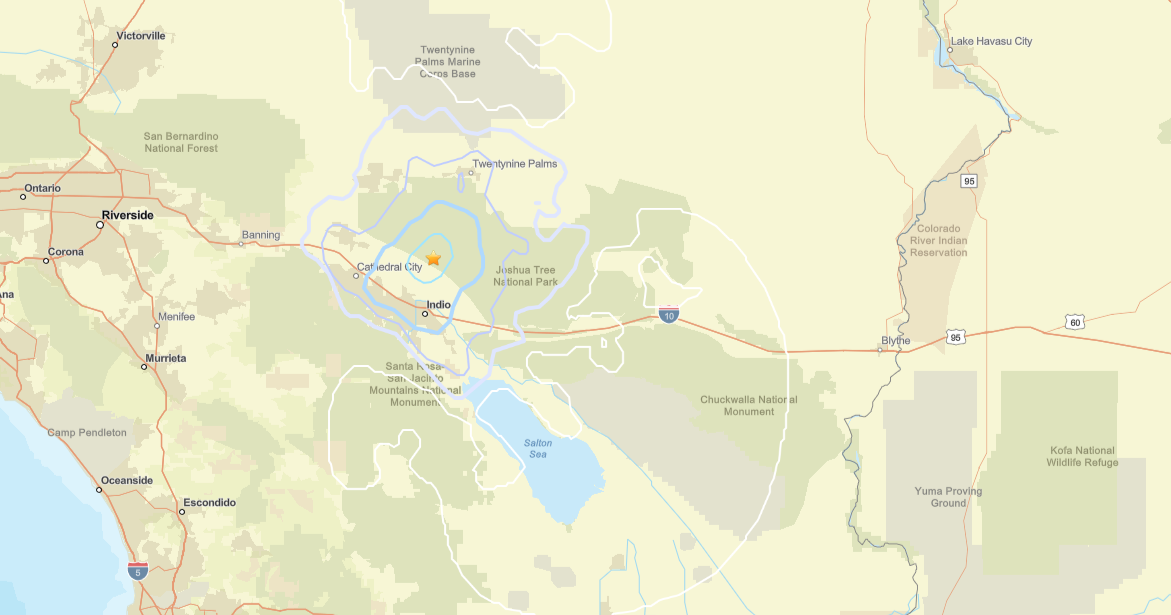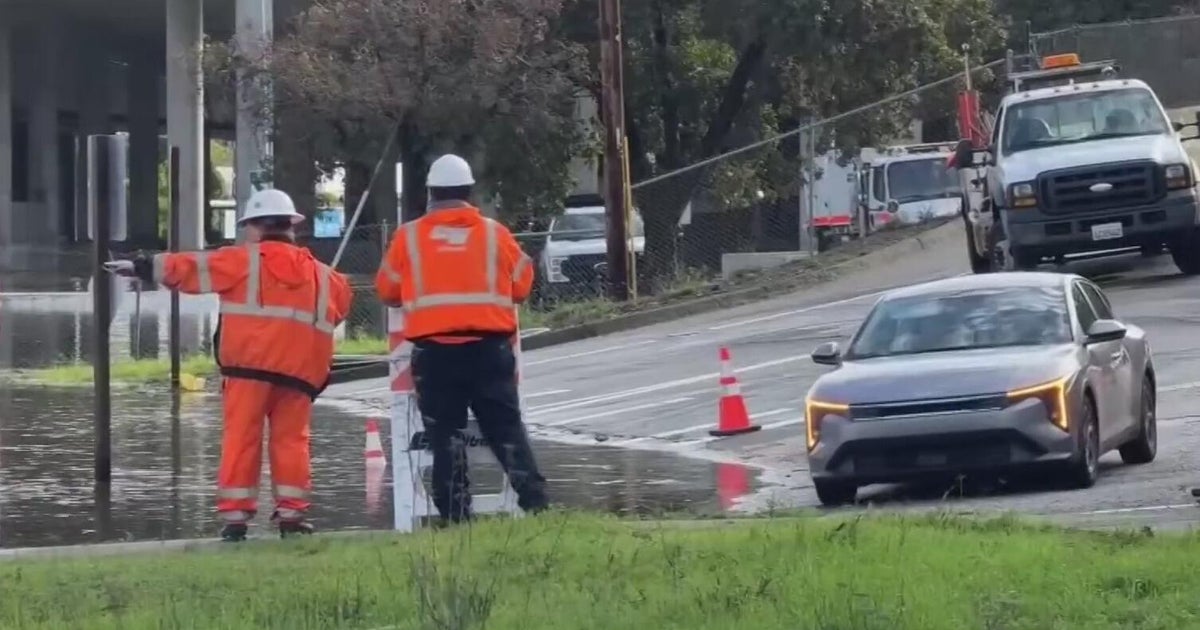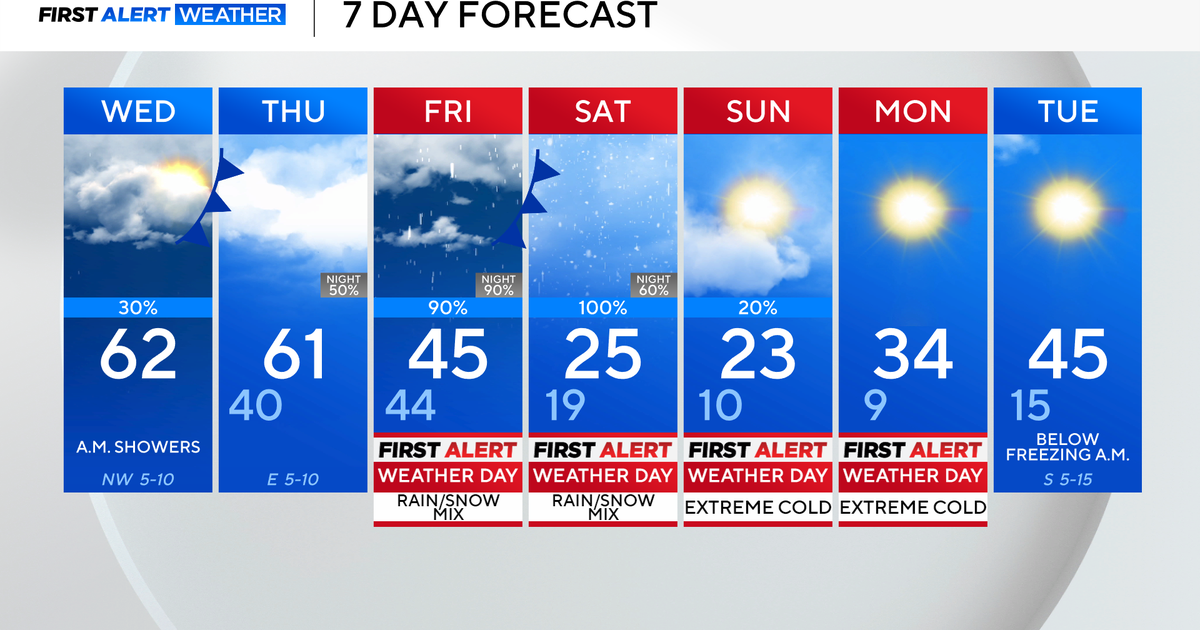Officials hope to raise awareness during Flood Preparedness Week
SACRAMENTO COUNTY -- Engineers know that water always finds its way home to the sea, but learning how to live in its path is one of the actions the state recommends as it kicked off Flood Preparedness Week on Monday.
Standing at the ridge of the Lower Elkhorn Basin, a $280 million levee setback project that will divert water from the Sacramento River during high flow events, water officials and engineers held a public event to boost awareness about flooding.
California's rainy season usually lasts from November to April.
"Where we are today is just a few miles north of Sacramento," said Wade Crowfoot, secretary of the California Natural Resources Agency. "If you live in this region, you know, Sacramento is one of the most flood-vulnerable large cities in the country."
Crowfoot said that in early days, literally the entire city or town would wash out because of a lack of flood protection.
"We've come so far in recent decades and recent years protecting upwards of a million residents in this region from flood risks," he said.
Jason Ince, spokesperson for the California Department of Water Resources, said that every county in the state has experienced a flood emergency in the last couple of decades. With wildfires in the recent years, there is an increased danger of mud slides and debris flows.
"If you live downstream of a burn scar in an area where there's been wildfire impacts, that can greatly increase the flooding impacts," Ince said.
Flash flooding is the number one weather-related killer in the U.S. because it can roll boulders, tear out trees, and destroy buildings and bridges quickly, according to the DWR. Localized flooding, which happens in smaller geographic areas like neighborhoods, can usually be avoided by keeping storm drains clear of debris and leaves, so the stormwater system can function properly.
"This weather whiplash is something that we're experiencing more and more of," said Crowfoot, who added that El Nino conditions are setting up out in the ocean.
"That may very well mean we will have wet conditions once again this year," he said.
Historically, El Nino years tend to be slightly above average for rainfall if you look at the rates all together.
The state recommends that people sign up to receive real-time warnings from their local county office of emergency services or from the National Weather Service. Always have an emergency evacuation kit ready, be prepared to evacuate early, and have a plan for where you will go in an emergency and what to do with your pets.
More information on Flood Preparedness Week is available on the California Department of Water Resources website.







